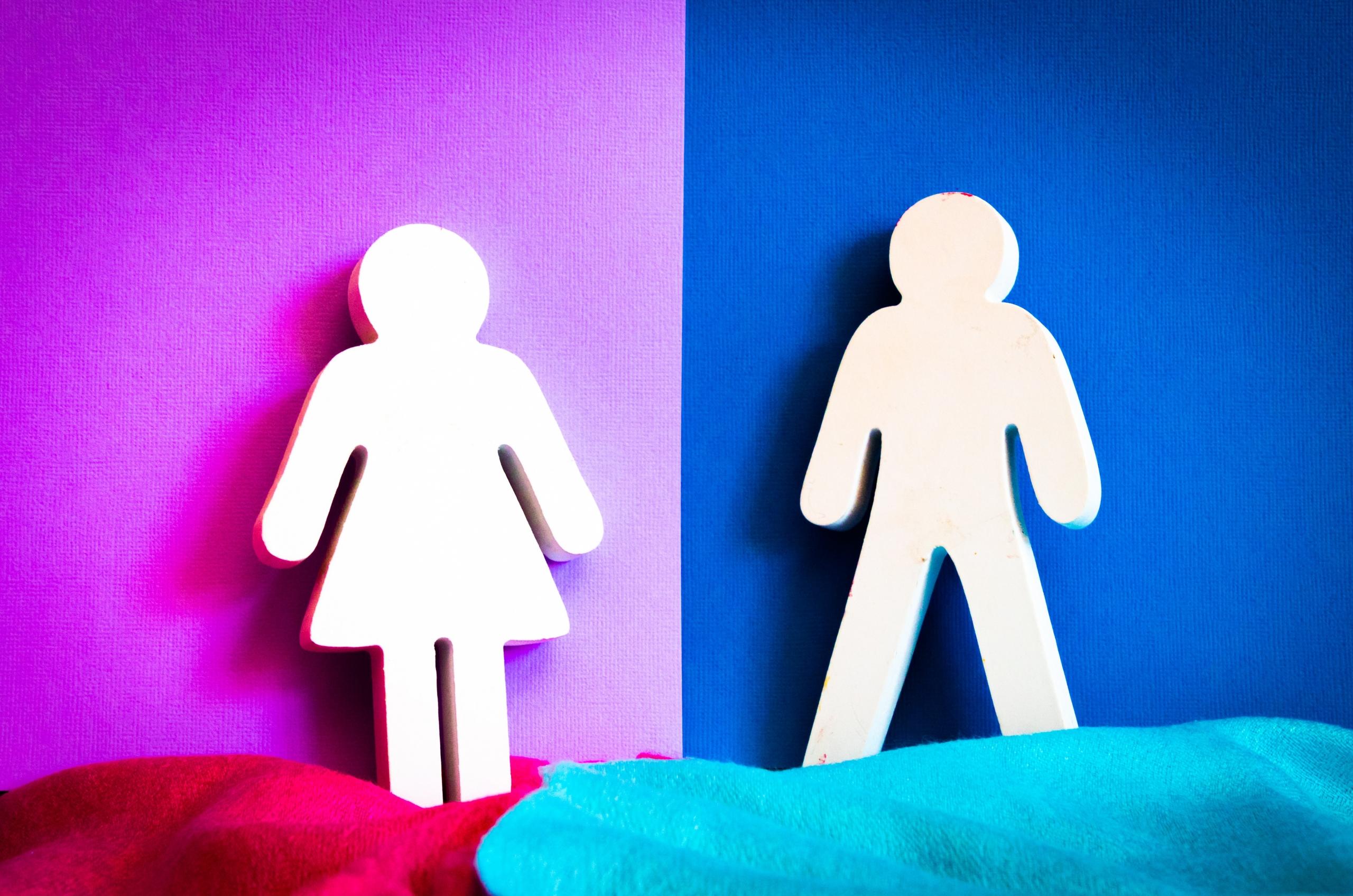In a constantly changing world, there are often improvements and causes that find a place to remain in society. In recent times, there is a generation that is actively questioning the gender bias meaning as well as the stereotypical gender roles that shape our place in society, education and careers.
The world is constantly changing, often for good reasons and causes. Recently, new and older generations are questioning the meaning of gender in our society and the roles it plays in our everyday lives. As a matter of fact, gender shapes our place in society and can even influence education and career decisions, particularly for women. This is why a more non binary viewpoint is emerging as well as a great need to understand what a gender discrimination example is, and isn’t.
In this article, you will find out more about the gender bias meaning as well as developing a gender discrimination example so that you can avoid making mistakes about stereotypical gender roles.

Want to give private lessons?
Join the Superprof community and share your knowledge with inquiring and motivated students.
Gender Bias Definition
To grasp the meaning of gender bias, one should first understand the meaning of gender!
In a nutshell, gender refers to the types of social attributes and opportunities that are typically afforded to either being female or male. It also includes relationships between men and women, boys and girls and of course, same-sex relationships between women and men too.
These characteristics, attributes and relationships are generally learned through social conditioning and social structures. However, this is changing and today, gender is now included in a broader socio-cultural context not dissimilar to race, class, poverty, age and ethnicity.
In answering the question of how gender bias happens, it is probably worth looking at a gender discrimination example.
If you’re looking for a definition, the European Institute for Gender Equality provides a good one by saying that any ‘prejudiced actions or thoughts based on the gender-based perception that women are not equal to men in rights and dignity.’
In more simple words, a gender bias definition includes creating stereotypes or preconceiving that certain roles, characters or attributes be attributed to either men or women. Stereotypical gender roles become harmful when they limit men and women’s capacities to develop in any way they choose whether that is professionally or personally. Gender bias is a result of spending much time reinforcing stereotypical gender roles.
Gender Bias in our Society
Keeping tabs on gender bias means being able to quickly recognise an example of gender discrimination.
Always present in everyday life whether that is in a hostile or benign way, non binary attitudes can have a harmful and negative impact on many indigenous or women’s groups.
It would not take you too long to even find a gender discrimination example that demonstrates the violation of human rights and other basic freedoms. In some countries these can be as fundamental as going to school, participating in sports or being forced to marry.
A common gender discrimination example is that because women are considered to the more nurturing sex they are automatically the caregivers of children. In addition, in some societies, stereotypical gender roles will extend as far as making women the sexual property of men.
The Origins of Non Binary Views
Non binary views have always been present in every aspect of our cultural and social lives. It is a complex problem that is currently taking much work to deconstruct.
Stereotypical gender roles are typically perpetuated by both adults and children who reproduce the same non binary thinking present in their environments. These constructs have a long history to unravel and often the first step to this is to acknowledge the existence of non binary attitudes before anything can be done to change them.
Stereotypical gender roles are enacted by humans from a very young age when children are exposed to toys, advertising and online media in everyday communities. You could easily find a gender discrimination example in just about most educational materials on offer today. In conclusion, if you are looking for a gender bias meaning, it is everywhere and affects everyone. What is more important is that parents today begin to truly listen and observe what their children’s personal preferences are without overlaying their own non binary attitudes onto their children’s wishes.
Want to give private lessons?
Join the Superprof community and share your knowledge with inquiring and motivated students.
The Effect of Gender Stereotypes on Children
When a child is subjected to a gender bias from an early age, for too long, it can have detrimental effects. For instance, self-belief in areas of technology, science, maths and engineering can be as a result of a gender bias against women.
Even today, only the amount of women who pursue education in these fields is minor by comparison to men. In the same way, the bias makes it harder for boys to follow careers in humanities, nursing or the arts.
Sadly, this translates to children reproducing the same binary thinking that they were exposed to and the circle continues. Unless there are definitive generational breaks in thinking in relation to personal choices and careers, there continues to be a lack of freedom for both genders. This can be harmful to both mental and physical well-being with some children even suffering gender dysphoria without the knowledge of their parents.
Deconstructing Childhood Based Gender Bias
To deconstruct gender bias we should always begin with ourselves and this can take time. Desiring our children to think differently to us should begin with challenging ourselves on how we think and behave in certain situations.
There are a few critical behaviours to learn and indeed unlearn in deconstructing gender bias.

Gender and the Self From an Early Age
Self-awareness is critical when it comes to deconstructing gender bias. Parents should set examples so that children can learn self-awareness by listening to themselves.
Here are some important examples of where it is key to be self-aware:
- Avoiding and ending all stereotypical presumptions about, or references to, what our children would like or the kinds of activities they would like to do. This includes to other adult people too.
- Honouring and reassuring any of their tendencies and interests as well as encouraging to make their own choices in the same way that adults should.
- Awarding a wide range of toys, materials, tools, technology, pronouns irrespective of any commercial gender bias. Doing this, while allowing them to make choices without judgement.
- The same goes for the types of experiences that should be encouraged. All physical play, investigation and exploration should be encouraged without bias towards their choices.
- Allowing and encouraging friendships and activities with all children regardless of gender.
Parents should aim to be open and honest regarding the types of awkward conversations that need to be had regarding sex and gender. They should be prepared to dialogue about why we use different pronouns to address people and other complex questions that could arise.
Good advice is to practice this kind of dialogue with a children’s specialist of mental health professional. Doing so could certainly provide guidance on how to talk about gender as a family. There is no doubt that practicing healthy dialogue around difficult conversations such as these will help to build stronger connections between you and your children.
Constant Education and Curiosity
To be constantly curious about the world in which we live is part of the human experience. When we question our thinking, judgments, traditions and experiences we evolve. Doing this in a role model capacity for our children will help them to be more self-aware and aware of the world around them.
It can help them to develop a profound identity that makes them feel secure in all aspects of life and thus fosters success in all that they do.
Never forget that as a parent, you are their primary system of support. When we encourage children to talk about their feelings from a young age, we create valuable people to serve and lead the next generation.
Finally, there is much to be learnt from the curiosity of our children, let us not kill off the wonder that came with us into the world.
Want to give private lessons?
Join the Superprof community and share your knowledge with inquiring and motivated students.
Résumer avec l'IA :














